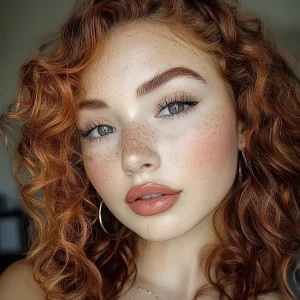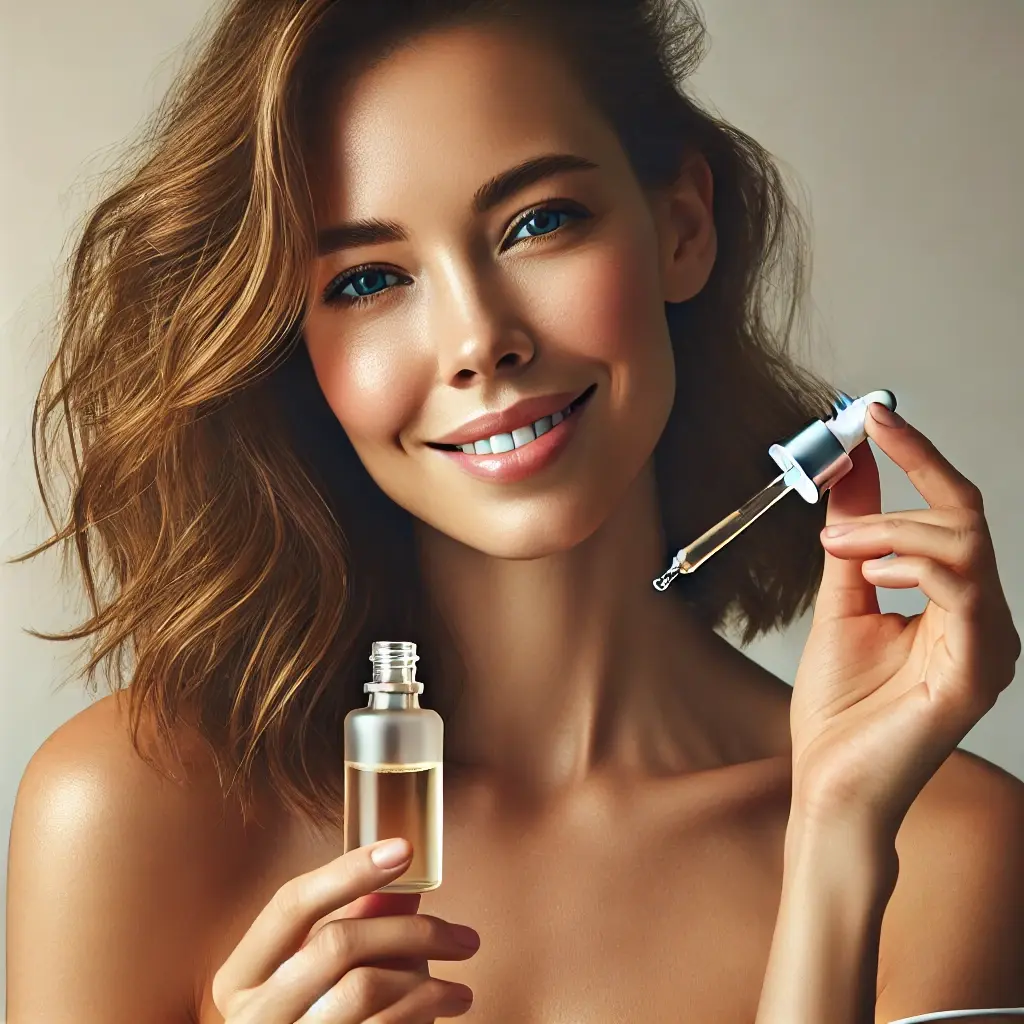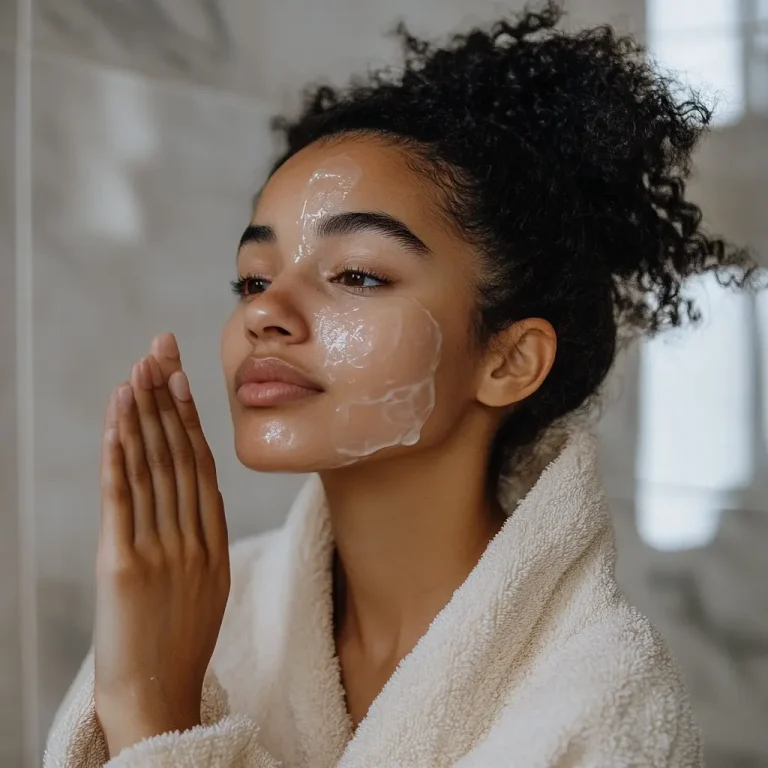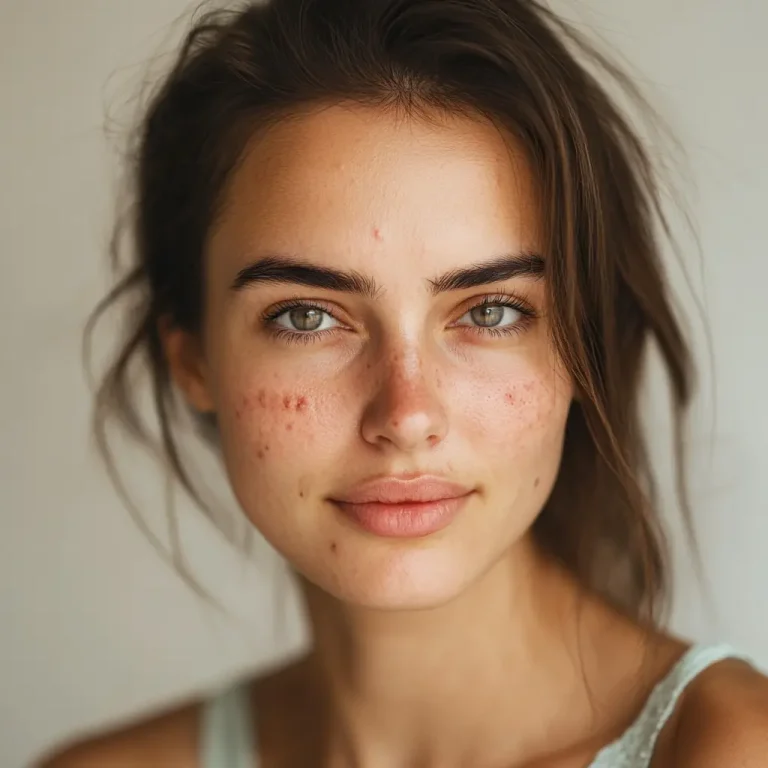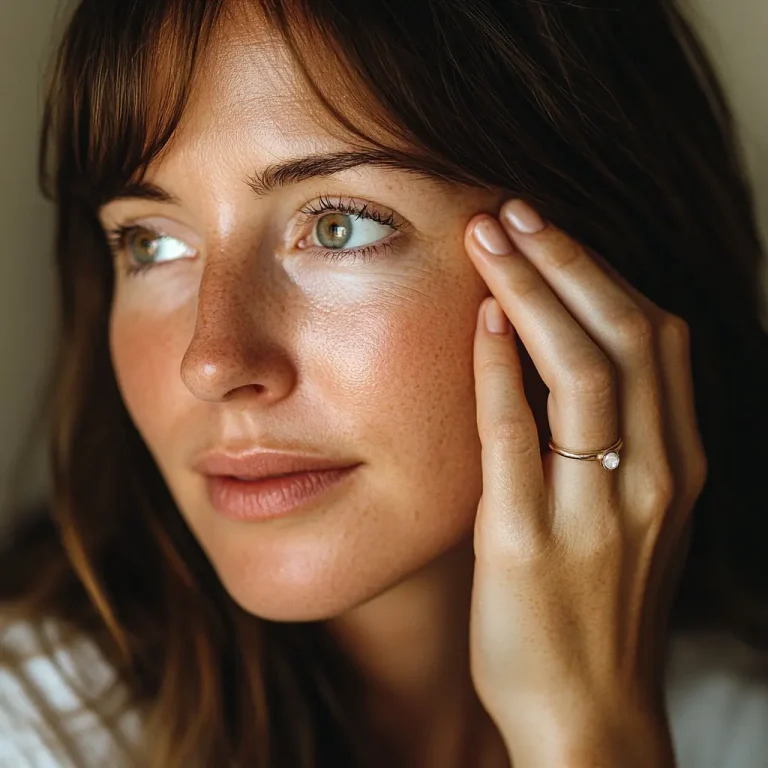Your skin changes as you age, and a one-size-fits-all skincare routine just won’t cut it. What worked for you in your 20s may not be enough by the time you reach your 30s, 40s, or beyond. So, how do you maintain healthy, glowing skin at every stage of life? By adjusting your skincare routine for every age. From fighting breakouts and excess oil in your 20s to addressing fine lines and dryness in your 40s, understanding your skin’s evolving needs is the key to a radiant complexion.
In this guide, we’ll take you through the best skincare routine for every age, complete with tips and recommended products to address your skin’s needs as you age. Let’s dive into the expert-backed practices to keep your skin glowing in your 20s, 30s, 40s, and beyond!
Why Is Skincare Different for Each Age?
It’s essential to have a tailored skincare routine for every age. Your skin’s needs change significantly as you age. In your 20s, prevention and protection are key. Your skin is generally resilient during this time, so focus on hydration and sun protection to prevent early signs of aging.
By your 30s, collagen production begins to decline, and the skin’s ability to renew itself slows down. This makes it crucial to use ingredients like retinol and antioxidants to combat fine lines and loss of elasticity.
In your 40s, deeper wrinkles, dryness, and sagging require more intensive care. Collagen-boosting products and rich moisturizers become essential to address these issues.
By your 50s and beyond, the skin becomes thinner and more prone to dehydration. Nourishing ingredients are needed to repair and protect the moisture barrier.
Tailoring your skincare by age ensures you address specific challenges at each stage of life. This approach helps prevent premature aging and maintains a healthy, glowing complexion.
The Best Skincare Routine for Every age
Skincare Routine in Your 20s: Prevention is Key
In your 20s, building a strong skincare foundation is crucial. The habits you form now can have lasting effects on your skin’s health and appearance in later years. At this stage, skin concerns are often minimal. However, focusing on preventive care can make a big difference. During this decade, your skin is typically at its healthiest and most resilient. An abundance of collagen and elastin keeps it firm and smooth. Neglect, however, can lead to premature fine lines, uneven skin tone, and dryness over time. Following a consistent skincare routine for every age helps prevent these early signs of aging.
Key Focus Areas:
- Hydration: Even if you have oily or combination skin, hydration is a must. Look for a lightweight, oil-free moisturizer that won’t clog your pores.
- Sun Protection: SPF is non-negotiable. Daily sunscreen use is your best defense against premature aging, hyperpigmentation, and sun damage. Opt for a broad-spectrum SPF of at least 30.
- Gentle Cleansing: Keep it simple with a gentle cleanser that removes impurities without stripping your skin’s natural oils.
- Targeted Treatments: If you’re dealing with acne or occasional breakouts, spot treatments containing salicylic acid or benzoyl peroxide can help clear up blemishes.
- Start Antioxidants: Introducing antioxidants like vitamin C can protect your skin from environmental damage and keep your complexion bright.
Research published in the Journal of Clinical and Aesthetic Dermatology shows that using broad-spectrum sunscreen daily can reduce the risk of early signs of aging by nearly 24% over five years
Recommended Products:
- Neutrogena Hydro Boost Water Gel: This lightweight, gel-cream formula with hyaluronic acid is perfect for providing hydration without clogging pores. It’s especially great for oily or combination skin types. It’s non-comedogenic and provides long-lasting moisture for a fresh, smooth complexion.
- La Roche-Posay Anthelios Clear Skin Sunscreen SPF 60: A high-performing broad-spectrum sunscreen, perfect for preventing sun damage. It offers a matte finish, making it ideal for oily and acne-prone skin.
- CeraVe Hydrating Cleanser: This cleanser contains ceramides and hyaluronic acid to cleanse gently without stripping the skin of its natural oils, keeping it hydrated and balanced.
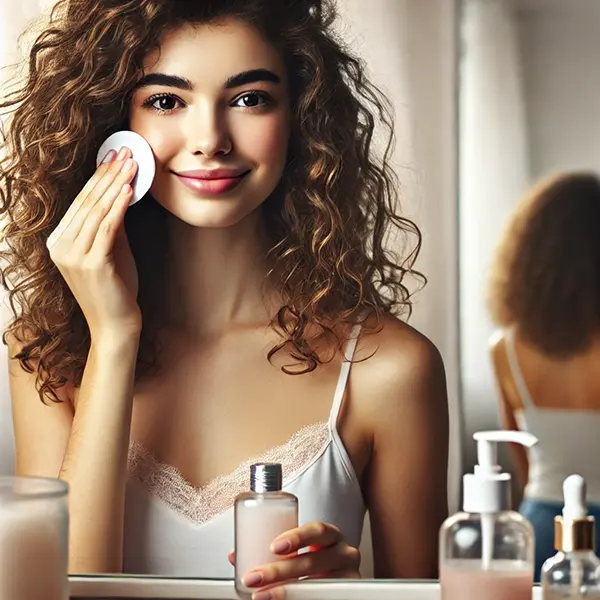
Skincare in Your 30s: Boost Hydration and Fight Early Signs of Aging
By your 30s, your skin may start showing early signs of aging, such as fine lines around the eyes and mouth, a gradual loss of radiance, and decreased elasticity. The skin may appear less firm and smooth as collagen production slows down, leading to subtle volume and firmness loss in the cheeks and jawline.
Hormonal changes during this time can affect your skin’s moisture balance, often causing dryness or occasional breakouts, even if your skin was previously problem-free. Adapting your Skincare Routine for Every Age is crucial. Focus on hydration-boosting and anti-aging products to support skin health and maintain a youthful glow.
Key Focus Areas:
- Cleanser and Exfoliation: Continue using a gentle cleanser but consider adding an exfoliator with AHAs to promote cell turnover and brighten dull skin.
- Anti-Aging Ingredients: Now’s the time to introduce retinoids or retinol, which are proven to increase cell turnover and reduce the appearance of fine lines.
- Vitamin C Serum: Incorporate a vitamin C serum into your morning routine. This powerful antioxidant brightens the skin and protects it from environmental damage, such as pollution and UV rays
- Moisturizer with Hyaluronic Acid: Look for a moisturizer with hyaluronic acid or peptides to keep your skin hydrated and plump. These ingredients help maintain skin elasticityCosmedica Skincare
- Eye Cream: The delicate skin around your eyes starts to show signs of aging in your 30s. An eye cream with peptides or caffeine can help reduce puffiness and fine lines.
- Sunscreen: Sunscreen remains non-negotiable. Look for a product that contains both UVA and UVB protection.
According to a 2019 study in Dermatologic Surgery, retinol can improve skin elasticity and reduce fine lines by up to 30% after 12 weeks of consistent use. Another study published in Clinical Interventions in Aging confirms that retinoids improve collagen production and significantly reduce the appearance of wrinkles.
Recommended Products:
- The Ordinary Retinol 0.5% in Squalane: A cost-effective, gentle retinol option that boosts cell turnover and reduces the appearance of fine lines. It’s well-suited for those new to retinol.
- Olay Regenerist Micro-Sculpting Cream: Known for its hydrating and anti-aging properties, this cream contains hyaluronic acid and peptides to keep the skin plump and firm.
- Kiehl’s Powerful-Strength Line-Reducing Concentrate: A potent vitamin C serum that helps brighten the skin and fight environmental damage.
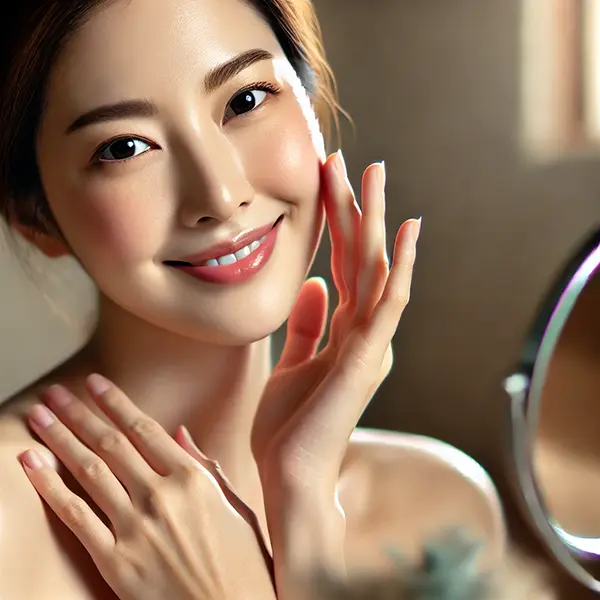
Skincare in Your 40s: Hydration and Collagen Support
In your 40s, collagen production in your skin declines significantly. Collagen is essential for maintaining skin firmness and elasticity. This reduction makes fine lines and wrinkles more noticeable, especially around highly mobile areas like the forehead, mouth, and eyes.
As collagen decreases, the skin loses its bounce, leading to a saggy appearance. This is most visible around the jawline, where contours become less defined, and the eyes, where delicate skin shows aging more quickly. Sun exposure, stress, and lifestyle habits can worsen skin texture, making it thinner, drier, and less resilient.
Key Focus Areas:
- Gentle Cleansing: Use a gentle, hydrating cleanser that won’t strip your skin of its natural oils. Cream-based or milky cleansers are great options.
- Exfoliate Less Frequently: Use a mild exfoliator with AHAs once or twice a week to encourage cell renewal without over-drying your skin.
- Antioxidants and Retinol: Continue using vitamin C and retinoids to combat free radical damage, brighten your skin, and reduce the appearance of deeper wrinkles.
- Rich Moisturizer with Ceramides: As your skin becomes drier, opt for a richer moisturizer with ingredients like ceramides, glycerin, and hyaluronic acid to restore moisture.
- Facial Oils: Consider adding a facial oil to lock in moisture and enhance your skin’s glow.
- Targeted Treatments: Use targeted treatments for areas prone to visible signs of aging, such as the neck, chest, and hands. Collagen-boosting ingredients like peptides and growth factors can be beneficia.
A study published in The Journal of Investigative Dermatology found that the skin loses up to 1% of its collagen per year after the age of 30. Supplementing with topical peptides and collagen-boosting ingredients can significantly slow down this loss.
Recommended Products:
- SkinCeuticals Triple Lipid Restore 2:4:2: A luxurious, deeply hydrating cream that supports the skin’s natural barrier and boosts moisture retention. It’s ideal for mature, dry skin.
- Paula’s Choice Skin Perfecting 8% AHA Gel Exfoliant: A gentle exfoliant that helps to slough away dead skin cells and reveal brighter, smoother skin without causing irritation.
- Drunk Elephant C-Firma Day Serum: This antioxidant-rich vitamin C serum brightens and firms the skin, helping to combat dullness and signs of aging.
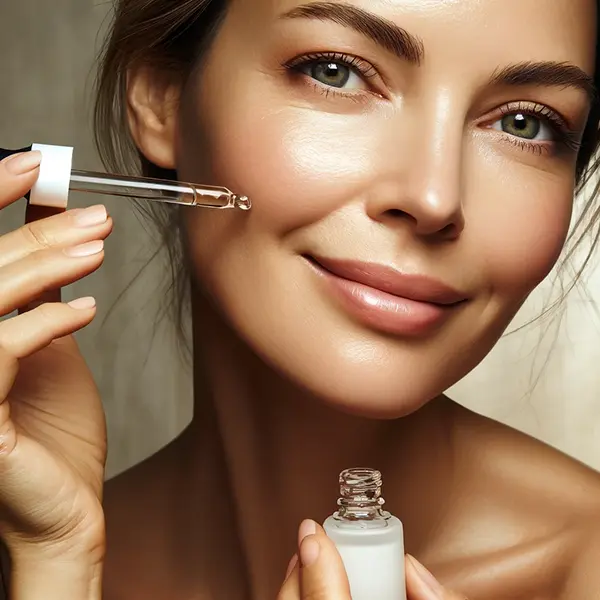
Skincare in Your 50s and Beyond: Focus on Repair and Nourishment
In your 50s and beyond, adopting a tailored skincare routine for every age becomes crucial as the skin undergoes significant changes. Collagen and elastin production naturally decrease, leading to a thinner and more fragile complexion. Skin may appear drier, with fine lines and wrinkles becoming more noticeable.
The skin’s ability to retain moisture also diminishes. This makes it more prone to dehydration and dullness. To combat these effects, focus on repair and nourishment. Use rich, hydrating products to restore moisture. Incorporate ingredients like retinol and peptides to support skin firmness. Gentle exfoliation and regular sun protection are also essential for maintaining a radiant complexion.
- Gentle Cleansing and Exfoliation: Continue with gentle cleansers and limit exfoliation to once a week to avoid irritation.
- Rich Moisturizer with Hyaluronic Acid: Choose a rich, hydrating cream that contains hyaluronic acid, ceramides, or peptides to help lock in moisture and improve elasticity.
- Serums for Deep Hydration: Use a serum that delivers intense hydration, such as one with hyaluronic acid or squalane, to combat dryness.
- Night Cream with Retinol: Apply a retinol night cream to help smooth out deeper wrinkles and regenerate skin cells.
- SPF Protection: Sun protection is still essential. As your skin becomes thinner and more sensitive, it is even more vulnerable to UV damage.
- Special Treatments: Consider professional treatments like micro-needling or laser therapy if you’re dealing with deep wrinkles or significant sagging.
Recommended Products:
- CeraVe Skin Renewing Night Cream: Packed with peptides and hyaluronic acid, this night cream provides deep hydration and helps restore the skin’s barrier overnight.
- Elemis Pro-Collagen Marine Cream: A rich, anti-aging cream that improves skin firmness and elasticity. It’s a popular choice for reducing the appearance of fine lines and wrinkles.
- EltaMD UV Clear Broad-Spectrum SPF 46: A dermatologist-favorite sunscreen that not only protects from harmful UV rays but also contains niacinamide to calm sensitive or acne-prone skin.
“Sunscreen is your skin’s best friend in every age,” says Dr. Rachel Nazarian, a dermatologist at Schweiger Dermatology Group. “Sun damage is the number one cause of premature skin aging, and consistent use of broad-spectrum sunscreen can prevent up to 80% of visible aging over a lifetime.” Research from the Journal of the American Academy of Dermatology shows that daily sunscreen application reduces the risk of skin cancer and prevents hyperpigmentation and fine lines from forming.
Not sure which sunscreen to choose? Check out our guide on the Best Sunscreens for Oily Skin.
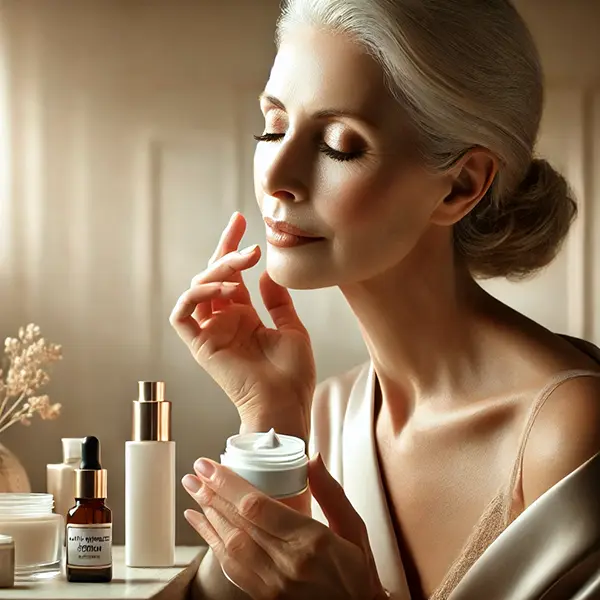
Conclusion
A well-tailored skincare routine for every age is key to preserving your skin’s health, vibrancy, and resilience. Each decade brings new challenges. In your 20s, you may deal with excess oil and acne. By your 40s, fine lines and decreased elasticity become more common. Adapting your skincare to these changes is essential.
Stay proactive by including age-appropriate ingredients in your routine. Antioxidants, retinol, or collagen-boosting peptides can help prevent premature aging. These ingredients also address specific skin concerns while maintaining a radiant complexion. Consistency is crucial. Use the right products and daily sun protection to shield your skin from environmental damage.
Committing to a personalized skincare routine today sets the stage for healthy, glowing skin. Your skin will age beautifully and confidently. Start building your routine now, and watch it thrive with each passing decade.
Ready to take your skincare routine to the next level?
By incorporating age-appropriate products and adapting your routine as your skin evolves, you’ll ensure long-lasting, radiant skin at every stage of life. Whether you’re focusing on prevention in your 20s or repair and nourishment in your 50s, now is the perfect time to commit to caring for your skin.
Have you tried any of these products? Let us know in the comments how they worked for you, and share your tips for building the perfect skincare routine for your age! Your journey to healthier, glowing skin starts here.
FAQs for Skincare Routine for Every Age
What is the best skincare routine for every age?
The best skincare routine for every age focuses on prevention in your 20s, hydration and anti-aging in your 30s, collagen support in your 40s, and repair and nourishment in your 50s and beyond. Start with gentle cleansers and daily sunscreen, and introduce ingredients like retinol and vitamin C as you age.
How can I prevent wrinkles in my 20s?
The best way to prevent wrinkles in your 20s is by wearing sunscreen daily, even when it’s cloudy, and starting an antioxidant serum like vitamin C. This helps protect your skin from environmental damage and keeps it looking youthful for longer.
What should I do if my skin feels dry in my 30s?
If you’re experiencing dryness in your 30s, switch to a richer moisturizer and consider adding a hyaluronic acid serum to boost hydration. Make sure you’re not over-exfoliating, as that can strip your skin of its natural oils.
How can I reduce dark spots in my 40s?
To reduce dark spots in your 40s, look for products with ingredients like vitamin C, niacinamide, and retinoids. These ingredients help to brighten the skin and fade pigmentation over time. Consistent use of sunscreen is essential to prevent further dark spots.
What is the best anti-aging ingredient for my 50s and beyond?
Retinoids are one of the most effective anti-aging ingredients, but if your skin is sensitive, peptides and bakuchiol (a natural retinol alternative) are gentler options. Also, consider products with ceramides and fatty acids to deeply nourish and support the skin barrier.
Sources and Inspiration
This article, Skincare Routine for Every Age, was crafted using expert insights and up-to-date trends from leading skincare platforms such as Byrdie and WebMD. We combined the latest research from dermatologists and beauty experts to provide a comprehensive guide on skincare routines for every years and each decade. Stay informed and keep your skin glowing by following these trusted sources for all your skincare needs.
Related Posts:
How to Transition Your Skincare Routine from Summer to Fall?
7 Skincare Ingredients to Know for Healthier Skin
Nighttime Skincare Routine for Dry Skin: Expert Tips and Best Products
Skincare for Teenagers: Tips, Products, and Routines for Healthy Skin


